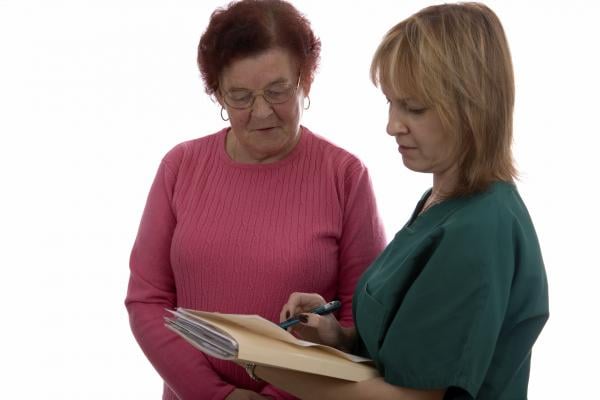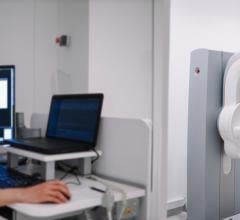
April 26, 2016 — In a study appearing in the April 26 issue of JAMA, researchers examined the content, readability and understandability of dense breast notifications sent to women following screening mammography. The study was conducted by Nancy R. Kressin, Ph.D., of the Veterans Affairs Boston Healthcare System, Boston University School of Medicine and colleagues.
Along with their screening mammogram results, women in nearly half of U.S. states also receive notifications of breast density, a result of legislation intended to assist in making personalized decisions about further action. Dense breasts can mask cancer on mammography (masking bias) and are an independent cancer risk factor, but evidence does not yet indicate whether or what supplemental screening is appropriate. Rather, risk stratification is proposed to determine who may benefit from supplemental screening (e.g., magnetic resonance imaging for women at high risk). The text of dense breast notifications (DBNs) may affect women's ability to understand their message.
Twenty-four states require DBNs as of Jan. l, 2016; the researchers analyzed the characteristics of all but Delaware. They found wide variation in the states’ DBN content. All DBNs mention masking bias, 74 percent mention the association with increased cancer risk and 65 percent mention supplemental screening as an option, advising women to consult their physician. Of 15 DBNs requiring mention of supplemental screening, six (40 percent) inform women that they might benefit from such screening; four mention specific modalities.
Most of the states have readability at the high school level or above (exceeding the recommended readability level [grades 7-8]; about 20 percent of the population reads below a grade 5 level). Only three states' DBN readability level was at the grade 8 level or below; some of the highest readability levels occurred in states with the lowest literacy levels. All DBNs scored poorly on understandability.
“Such problems may create uncertainty for women attempting to make personalized decisions about supplemental screening and may exacerbate disparities in breast cancer screening related to low health literacy,” the authors wrote.
“Efforts should focus on enhancing the understandability of DBNs so that all women are clearly and accurately informed about their density status, its effect on their breast cancer risk, and the harms and benefits of supplemental screening.”
For more information: www.jama.jamanetwork.com


 April 18, 2024
April 18, 2024 








